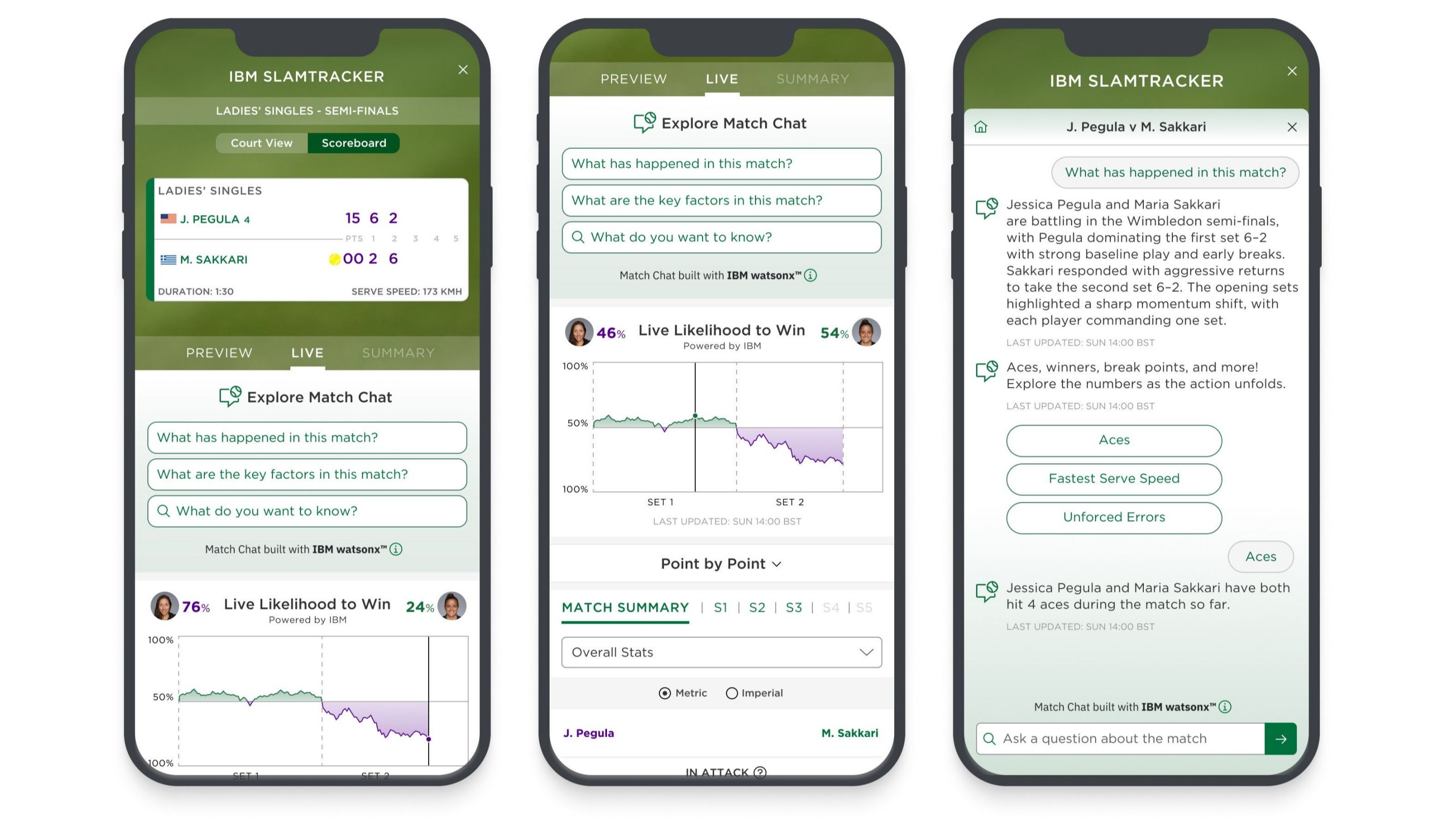The Information Commissioner's Office (ICO) has called on manufacturers of smart products to make user privacy a key priority.
The regulator has published its first draft guidance covering Internet of Things (IoT) products and services. This includes devices such as smart speakers, fitness trackers, air fryers and WiFi fridges, which the ICO said collect significant amounts of personal data from users.
The ICO stated that manufacturers and developers must incorporate data protection principles into product design from the outset. The draft guidance aims to provide regulatory clarity, setting out clear expectations for compliance with data protection laws and responsible use of personal information.
Following a 2023 public consultation involving workshops, the ICO found consumers were concerned about excessive data collection and felt they had little control over how their personal information was used and shared.
The new guidance addresses these concerns by covering how to obtain informed consent, provide transparent privacy information, and implement tools for users to exercise their data rights. This initiative supports the ICO's 2025 strategic goal to give people meaningful choice and confidence in how their information is used, while enabling businesses to operate fairly.
Stephen Almond, executive director for regulatory risk at the ICO, emphasised that people rightly expect privacy in their homes and must be able to trust how their data is handled.
"This goes beyond mere compliance," he said. "We're working to create a fair, transparent digital environment where people have real control over their data. Our guidance gives manufacturers clear examples to help them meet their legal obligations and develop trustworthy products."
Almond added that while the ICO wants to help companies get privacy right from the design stage, it will take action against organisations cutting corners or collecting data recklessly.
An investigation by Which? previously revealed many smart products collect excessive user data without proper transparency.
Andy Laughlin, Which? tech expert, welcomed the guidance, noting the watchdog's research had exposed how smart devices frequently harvest and globally transmit user data without full awareness.
"Whether it's an air fryer requesting precise location data or a smartwatch app recording sleep patterns, some companies have clearly overstepped reasonable privacy boundaries," he said. "While this guidance is an important first step, effective enforcement - including against overseas operators - will be crucial to rebuilding consumer trust in smart home products."
Latest News
-
Government to collaborate with Microsoft on deepfake detection framework
-
50% of firms will rehire staff laid off due to AI by 2027, predicts Gartner
-
Coupang data breach deepens as 165,000 additional accounts compromised
-
SME digital finance tool adoption could add £25.3bn to UK economy, says Starling
-
BBVA joins major European banks in stablecoin coalition
-
Amazon develops sustainable packaging in partnership with Indian university
The future-ready CFO: Driving strategic growth and innovation
This National Technology News webinar sponsored by Sage will explore how CFOs can leverage their unique blend of financial acumen, technological savvy, and strategic mindset to foster cross-functional collaboration and shape overall company direction. Attendees will gain insights into breaking down operational silos, aligning goals across departments like IT, operations, HR, and marketing, and utilising technology to enable real-time data sharing and visibility.
The corporate roadmap to payment excellence: Keeping pace with emerging trends to maximise growth opportunities
In today's rapidly evolving finance and accounting landscape, one of the biggest challenges organisations face is attracting and retaining top talent. As automation and AI revolutionise the profession, finance teams require new skillsets centred on analysis, collaboration, and strategic thinking to drive sustainable competitive advantage.
© 2019 Perspective Publishing Privacy & Cookies










Recent Stories